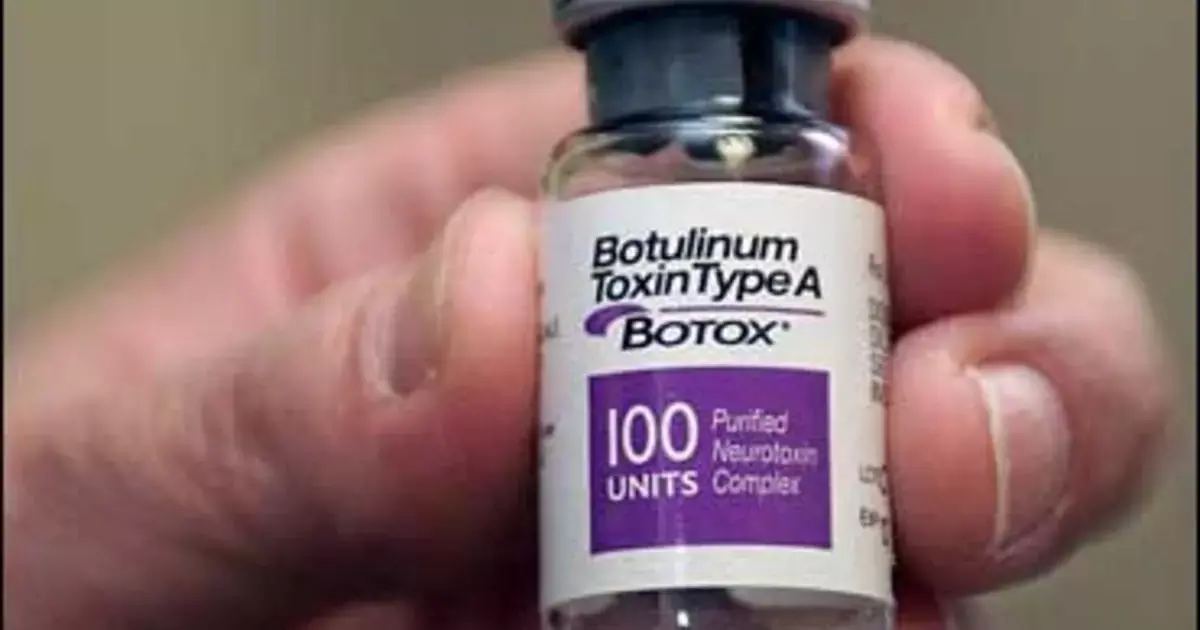- Home
- Medical news & Guidelines
- Anesthesiology
- Cardiology and CTVS
- Critical Care
- Dentistry
- Dermatology
- Diabetes and Endocrinology
- ENT
- Gastroenterology
- Medicine
- Nephrology
- Neurology
- Obstretics-Gynaecology
- Oncology
- Ophthalmology
- Orthopaedics
- Pediatrics-Neonatology
- Psychiatry
- Pulmonology
- Radiology
- Surgery
- Urology
- Laboratory Medicine
- Diet
- Nursing
- Paramedical
- Physiotherapy
- Health news
- Fact Check
- Bone Health Fact Check
- Brain Health Fact Check
- Cancer Related Fact Check
- Child Care Fact Check
- Dental and oral health fact check
- Diabetes and metabolic health fact check
- Diet and Nutrition Fact Check
- Eye and ENT Care Fact Check
- Fitness fact check
- Gut health fact check
- Heart health fact check
- Kidney health fact check
- Medical education fact check
- Men's health fact check
- Respiratory fact check
- Skin and hair care fact check
- Vaccine and Immunization fact check
- Women's health fact check
- AYUSH
- State News
- Andaman and Nicobar Islands
- Andhra Pradesh
- Arunachal Pradesh
- Assam
- Bihar
- Chandigarh
- Chattisgarh
- Dadra and Nagar Haveli
- Daman and Diu
- Delhi
- Goa
- Gujarat
- Haryana
- Himachal Pradesh
- Jammu & Kashmir
- Jharkhand
- Karnataka
- Kerala
- Ladakh
- Lakshadweep
- Madhya Pradesh
- Maharashtra
- Manipur
- Meghalaya
- Mizoram
- Nagaland
- Odisha
- Puducherry
- Punjab
- Rajasthan
- Sikkim
- Tamil Nadu
- Telangana
- Tripura
- Uttar Pradesh
- Uttrakhand
- West Bengal
- Medical Education
- Industry
Single injection of botulinum neurobotulinum in masseter muscle tied to reversible maximal voluntary bite force reduction

Previous studies concerning the effect of botulinum toxin in masseter muscle have mainly reported effects observed through inspection of facial features or differences in pain levels. One systematic review of studies utilizing objective measurements reported that long-term muscular effect of botulinum neurotoxin injections into masseter muscle was inconclusive.
A study was done to evaluate the duration of reduced maximal voluntary bite force (MVBF) after botulinum toxin intervention.
The intervention group was comprised of individuals seeking aesthetic treatment for masseter reduction (n = 20), the reference group (n = 12) comprised of individuals with no intervention. Intervention through 25 units of Xeomin® (Merz Pharma GmbH & Co KGaA, Frankfurt am Main, Germany) botulinum neurotoxin type A injected into the masseter muscles bilaterally (totalling 50 units). A reference group did not receive any intervention. MVBF was measured in Newtons using a strain gauge meter at the incisors and first molars. MVBF was measured at baseline, at 4 weeks, 3 months, 6 months, and after 1 year.
Results
Both groups were similar in terms of bite force, sex and age at baseline. MVBF remained similar compared to baseline in the reference group. At 3 months, a significant reduction at all measurement points was observed in the intervention group; at 6 months, this reduction was no longer significant.
A single intervention of 50 units of botulinum neurotoxin results in a reversible maximal voluntary bite force (MVBF) reduction of at least 3 months, although a visually discernable reduction may be more long-lasting.
Reference:
Ågren, M, Nanchaipruek, Y, Phumariyapong, P, et al. Duration of bite force reduction following a single injection of botulinum toxin in the masseter muscle bilaterally: A one-year non-randomized trial. J Oral Rehabil. 2023; 50: 343- 350. doi:10.1111/joor.13434
Keywords:
Ågren, M, Nanchaipruek, Y, Phumariyapong, P, Duration, bite, force, reduction, following, single, injection, botulinum, toxin, masseter, muscle, bilaterally, one-year non-randomized, trial, J Oral Rehabil, Journal of Oral Rehabilitation
Dr. Shravani Dali has completed her BDS from Pravara institute of medical sciences, loni. Following which she extensively worked in the healthcare sector for 2+ years. She has been actively involved in writing blogs in field of health and wellness. Currently she is pursuing her Masters of public health-health administration from Tata institute of social sciences. She can be contacted at editorial@medicaldialogues.in.
Dr Kamal Kant Kohli-MBBS, DTCD- a chest specialist with more than 30 years of practice and a flair for writing clinical articles, Dr Kamal Kant Kohli joined Medical Dialogues as a Chief Editor of Medical News. Besides writing articles, as an editor, he proofreads and verifies all the medical content published on Medical Dialogues including those coming from journals, studies,medical conferences,guidelines etc. Email: drkohli@medicaldialogues.in. Contact no. 011-43720751


